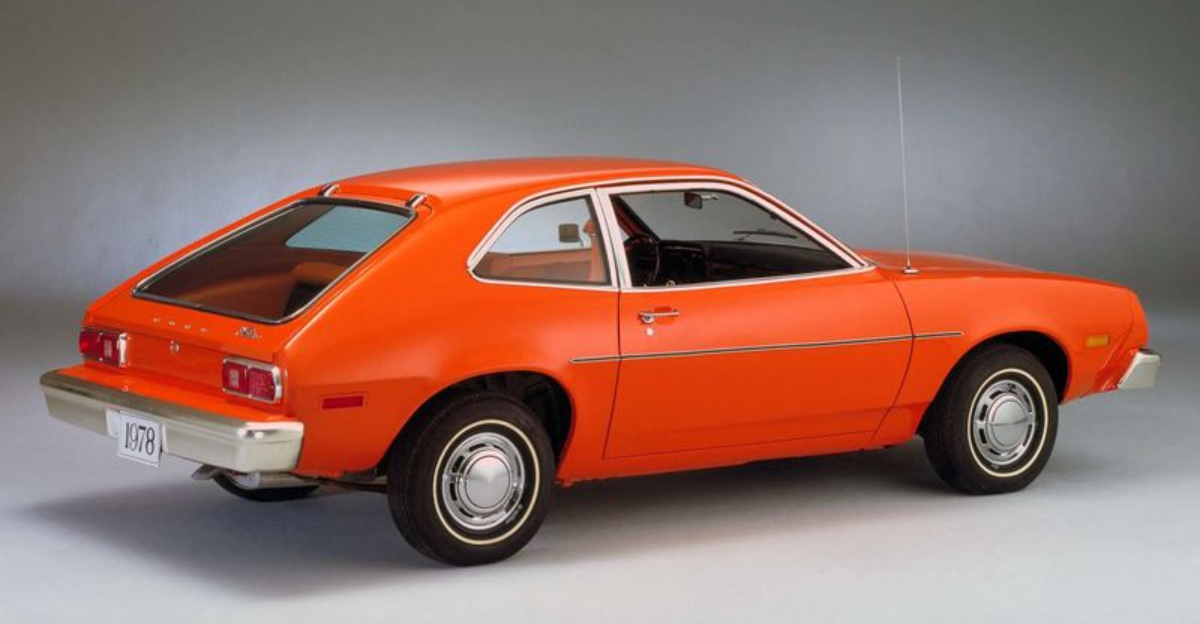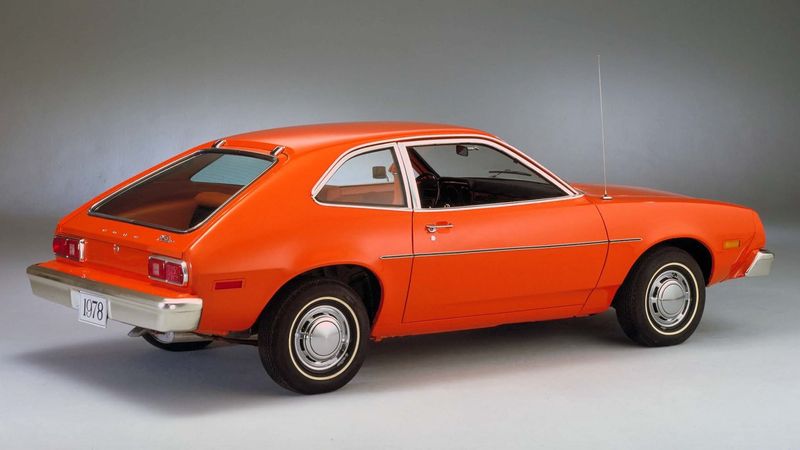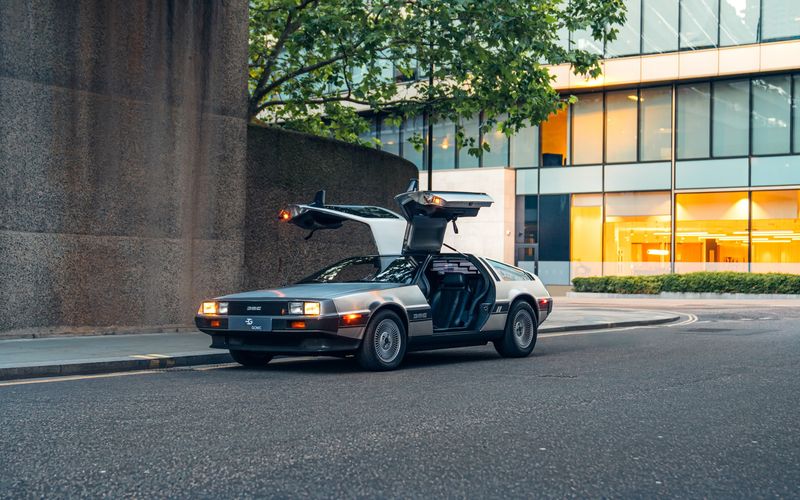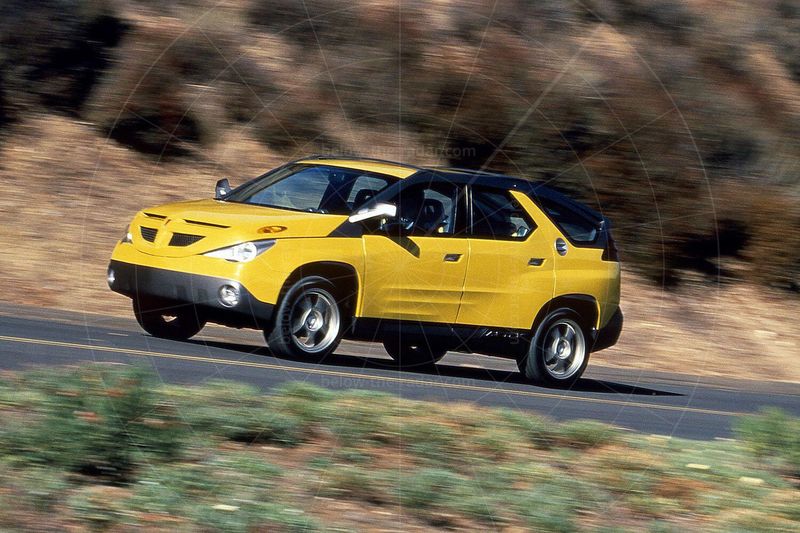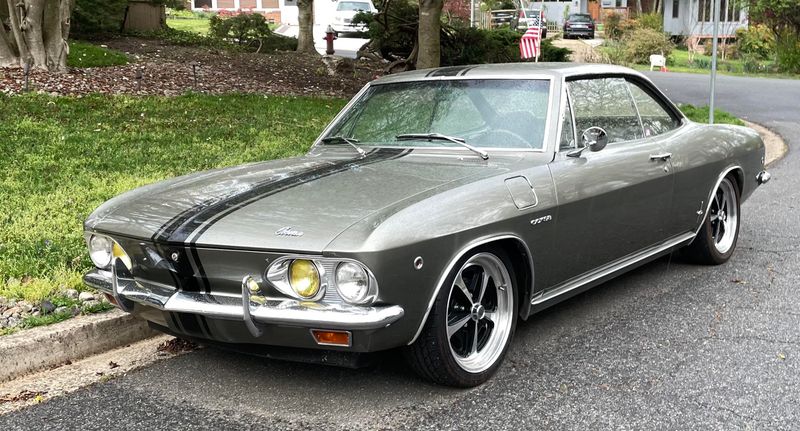📖 Table of Content:
The automotive industry, known for its innovation and technology, has also faced its fair share of blunders. Some decisions, made with the best intentions, have led to costly recalls and brand damage. Here, we explore five of the most infamous decisions that car companies have ever made, which serve as lessons in the importance of foresight and understanding consumer needs.
1. Ford Pinto’s Fuel Tank
Infamous fuel tank design is a stark reminder of engineering oversight. It was prone to exploding upon rear impact, leading to numerous accidents.
Initially, Ford decided not to fix the design flaw due to cost considerations, sparking public outrage. This decision resulted in lawsuits and a damaged reputation.
Although the Pinto continued to sell, it highlighted the need for safety over profit. Manufacturers learned that the cost of recalls could be less than the cost of human lives. Ford’s decision remains a textbook example of what not to do.
2. DeLorean DMC-12 Launch
A victim of over-ambition and poor timing. Its futuristic design and gull-wing doors captured imaginations but failed to deliver performance-wise.
The car’s stainless steel body was innovative but heavy, affecting speed and handling. Combined with production delays and financial mismanagement, the DMC-12 flopped in the market.
Despite its later cult status due to “Back to the Future,” at launch, it was an economic disaster. The DeLorean’s tale is a lesson in balancing innovation with practicality and financial prudence.
3. Pontiac Aztek Design
Often cited as one of the ugliest cars ever designed. With its awkward angles and clunky shape, it missed the mark in appealing to consumers.
Initially aimed at young, adventurous buyers, its design was out of touch with market trends. This disconnect led to poor sales and contributed to Pontiac’s eventual demise.
The Aztek’s failure underscores the importance of aligning design with consumer expectations. Car companies must listen to their audience, a lesson Pontiac learned too late.
4. GM’s EV1 Recall
General Motors’ EV1 was ahead of its time, being one of the first electric vehicles to hit the market. However, GM recalled and destroyed the EV1s, a decision met with public dismay.
While the EV1 had potential, GM’s concern over profitability and infrastructure led to its demise. Many believe this set back electric car development by years.
The EV1’s recall serves as a reminder that innovation should not be stifled by short-term gains. In today’s eco-conscious climate, GM’s decision is viewed as a massive missed opportunity.
5. Chevrolet Corvair’s Safety Issues
Faced significant criticism due to safety concerns highlighted by Ralph Nader. Its rear-engine design led to dangerous handling characteristics.
GM’s initial reluctance to address these issues resulted in a media frenzy and government scrutiny. The negative publicity damaged Chevrolet’s reputation and led to the Corvair’s early discontinuation.
This case illustrated the importance of addressing safety proactively. Car companies must prioritize consumer safety over profits to maintain trust and avoid legal backlash.
